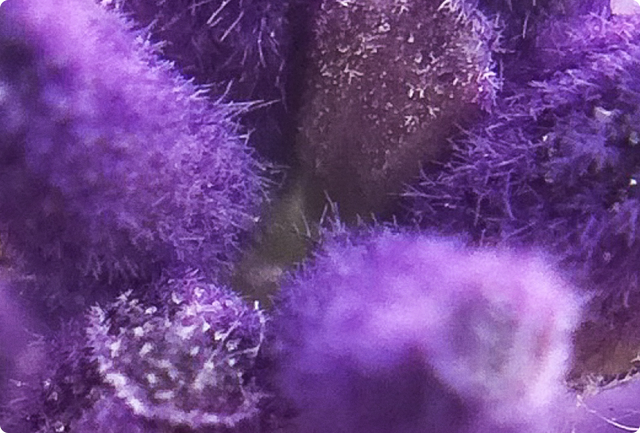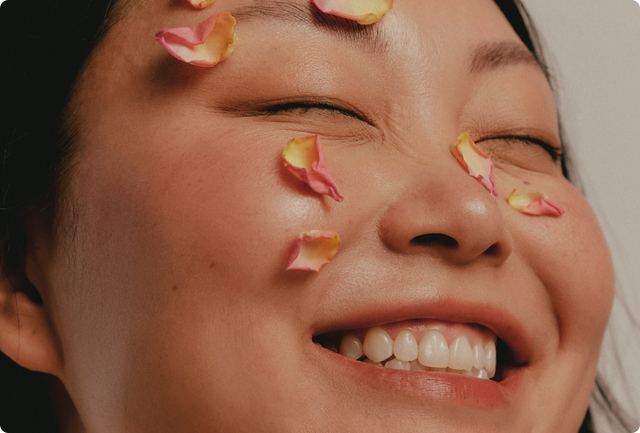About the Oil
Clove essential oil is distilled from the dried flower buds of the Syzygium aromaticum tree, native to Indonesia and cultivated throughout tropical Asia. Its rich, spicy, slightly sweet aroma instantly evokes warmth, comfort, and strength. Used in both medicine and cuisine for centuries, clove oil is best known for its powerful antimicrobial, analgesic, and immune-boosting properties.
Why You Would Use the Oil
Clove is a powerhouse essential oil—small drops with strong effects. It’s especially useful for:
- Soothing toothaches and oral discomfort (temporarily numbing)
- Supporting immune function, especially during seasonal changes
- Acting as a natural antimicrobial for skin, air, or surfaces
- Warming the body and stimulating circulation
- Relieving muscle and joint pain when diluted and applied topically
- Enhancing focus and boosting mental clarity
Clinical Findings
| Study | Participants & Duration | Key Results | Reference |
|
Toothache & Oral Pain Relief |
Human studies with topical clove application |
Provided pain relief comparable to benzocaine |
Park et al., 2006 |
|
Antimicrobial Effects |
In vitro studies against bacteria and fungi |
Killed E. coli, Staphylococcus aureus, Candida albicans |
Chaieb et al., 2007 |
|
Anti-inflammatory Potential |
Tested on human cell lines |
Reduced inflammatory cytokine production |
Daniel et al., 2009 |
|
Antioxidant Properties |
In vitro antioxidant activity assays |
High radical-scavenging capacity; supports cellular defense |
Gülçin et al., 2012 |
|
Mood & Alertness |
Participants inhaled clove EO before cognitive tasks |
Increased mental clarity and response speed |
Matsubara et al., 2011 |
Behind The Science (Made Simple)
Clove oil doesn’t just feel strong—it is strong. Its potency comes from a compound called eugenol, which brings both numbing and healing effects.
- Numbs pain and soothes nerves: Eugenol provides temporary relief from pain, especially for toothaches or gum discomfort, by gently numbing the area.
- Fights off pathogens: Clove is a natural antiseptic, able to neutralize bacteria, fungi, and even viruses on contact—perfect for oral and skin health.
- Reduces inflammation: It helps calm down the body’s inflammatory response, which supports everything from pain relief to gut health.
- Protects cells: Its strong antioxidant activity helps the body combat oxidative stress—a key contributor to aging and weakened immunity.
- Lifts mental fog: Just a few deep breaths of clove can stimulate alertness and mental focus thanks to its warming, energizing scent.
How and Where It Grows
Clove trees thrive in hot, tropical climates with rich volcanic soil. Native to Indonesia’s Maluku Islands (the “Spice Islands”), they are now cultivated in Madagascar, Sri Lanka, and India. The essential oil is extracted through steam distillation of dried flower buds—collected just before they bloom for maximum potency.
Use in Ancient Medicine
Clove has a rich history in Chinese, Ayurvedic, and Unani medicine. It was used to ease digestion, freshen breath, and combat infections. In ancient China, clove was chewedbefore addressing the emperor. Ayurveda prescribes it for warming “Kapha” imbalances and stimulating digestion, while early Western herbalists praised it for numbing toothaches and cleansing wounds.
Symbolism
Clove symbolizes protection, vitality, and purification. As a warming and stimulating spice, it’s associated with fire energy—bringing strength, passion, and movement. Spiritually, it has long been used to ward off negativity, sharpen awareness, and support emotional resilience.
INFORMATION provided is intended for informational purposes only and is not meant to diagnose, treat, cure, or prevent any disease. Statements have not been evaluated by Health Canada or the FDA. Please consult a qualified healthcare provider before using essential oils for therapeutic purposes.
References
- Razzaq S.A., Nasir N.A., Al-Salihi K.A. Extrac- tion and evaluation of eugenol from Syzgium aromaticum as topical anesthetic for toothaches. Clinical Dentistry (Russia). 2025; 28 (1): 92—97. DOI: 10.37988/1811-153X_2025_1_92
- Chaerul Fadly Mochtar, Hasyrul Hamzah, Muhammad Tursina Bakti, Abdul Rozak, Marine Sponge Petrosia sp. from Maratua Island: A Potential Source of Antibiofilm Agents Against Pathogenic Biofilms , Journal of Basic Medical Veterinary: Vol. 14 No. 1 (2025): Journal of Basic Medical Veterinary, June 2025
- Chaieb, K., Hajlaoui, H., Zmantar, T., Kahla-Nakbi, A.B., Rouabhia, M., Mahdouani, K. and Bakhrouf, A. (2007), The chemical composition and biological activity of clove essential oil, Eugenia caryophyllata (Syzigium aromaticum L. Myrtaceae): a short review. Phytother. Res., 21: 501-506. https://doi.org/10.1002/ptr.2124
- Daniel AN, et al. (2009). Anti-inflammatory and antinociceptive activities of eugenol essential oil. Universidade Estadual de Maringá, Departamento de Farmácia e Farmacologia , Maringá, Brazil
- Gülçin I, et al. (2012). Antioxidant properties of clove (Syzygium aromaticum) extract. Food Chem.
- Matsubara E, et al. (2011). Effect of essential oils on cognitive performance. J Med Aromat Plant Sci.








